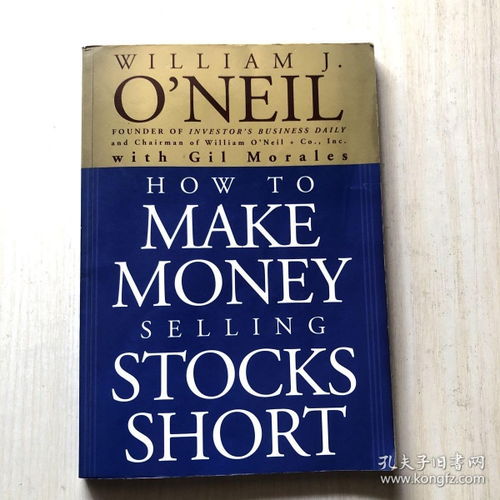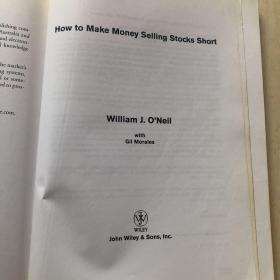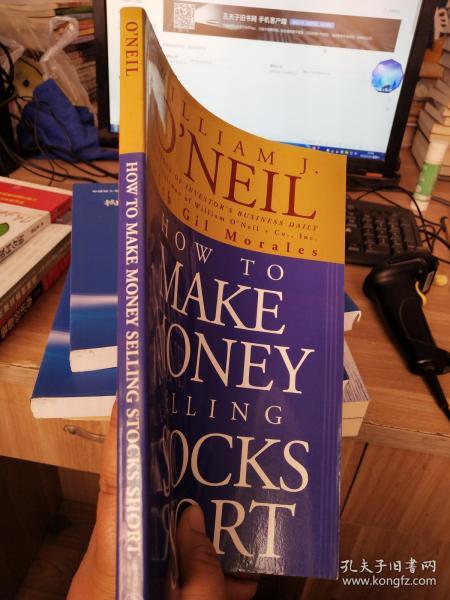Understanding the Process

Are you considering the possibility of making money by selling sperm? It’s a topic that often raises curiosity and questions. Before diving into the details, it’s important to understand the process and what it entails.
The process of selling sperm typically involves several steps. First, you’ll need to find a sperm bank or clinic that is interested in purchasing sperm. This can be done through an online search or by asking for recommendations from friends or family members who have gone through the process.
Once you’ve found a potential buyer, you’ll need to undergo a series of medical and psychological evaluations. These evaluations are designed to ensure that you are a suitable donor and that your sperm meets the necessary criteria. This may include tests for genetic disorders, sexually transmitted infections, and other health-related issues.
After passing the initial evaluations, you’ll be required to provide a sample of your sperm. This is usually done through masturbation in a private room at the clinic. The sample is then analyzed to determine its quality and suitability for donation.
Financial Compensation

One of the most common reasons people consider selling sperm is for the financial compensation. The amount you can earn varies depending on several factors, including the demand for your sperm and the specific requirements of the clinic or sperm bank.
According to the American Society for Reproductive Medicine, the average compensation for sperm donors in the United States is between $25 and $50 per donation. However, some clinics may offer higher compensation, especially if they are in need of donors with specific characteristics, such as a high sperm count or certain genetic traits.
It’s important to note that the compensation is typically paid out after the sperm has been processed and deemed suitable for use. This can take several weeks or even months, depending on the clinic’s procedures.
Requirements and Eligibility

Not everyone is eligible to sell sperm. Most clinics have specific requirements that potential donors must meet. These requirements may include age, health status, and other factors.
Age is a common requirement, with most clinics accepting donors between the ages of 18 and 35. This is because younger donors tend to have higher sperm counts and better overall health. Some clinics may also have height and weight requirements, as well as educational or employment criteria.
In addition to physical requirements, most clinics also conduct thorough background checks and psychological evaluations. This is to ensure that donors are suitable for the role and that their sperm is likely to be used for successful pregnancies.
The Process of Donating
Once you’ve been approved as a donor, the actual process of donating sperm is relatively straightforward. You’ll be given a schedule of appointments and instructed on how to prepare for each donation.
On the day of your donation, you’ll arrive at the clinic and be taken to a private room. You’ll be provided with a disposable collection cup and given instructions on how to collect the sample. The process typically takes about 20-30 minutes.
After the donation, you’ll be asked to wait for a short period of time to ensure that the sample is collected properly. Once the sample has been analyzed and deemed suitable, you’ll be notified of the results and any compensation you may be entitled to.
Considerations and Risks
While selling sperm can be a lucrative option for some, it’s important to consider the potential risks and consequences. One of the main concerns is the emotional impact of knowing that your sperm may be used to create multiple families.
Another consideration is the potential for legal issues. In some cases, donors may be contacted by the children they helped create, which can lead to complex emotional and legal situations. It’s important to understand the legal implications of sperm donation and to consult with an attorney if necessary.
Additionally, there are health risks associated with sperm donation. While the risk of infection is relatively low, it’s important to follow the clinic’s guidelines and take all necessary precautions to ensure your own health and safety.
Conclusion
Selling sperm can be a viable option for those looking to make money while helping others. However, it’s important to approach the process with careful consideration of the requirements, financial compensation, and potential risks. By doing your research and understanding the process, you can make an informed decision about whether sperm donation is right for you.




